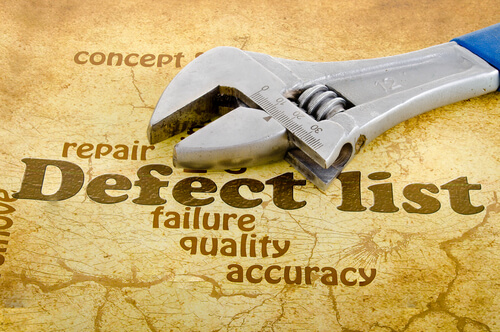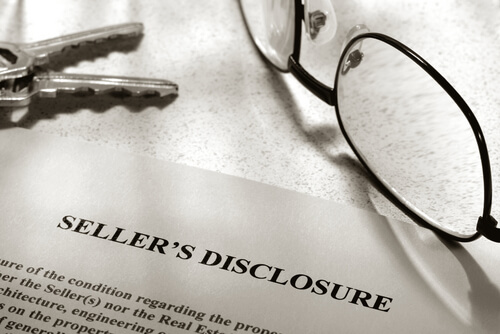Buying property in New York City requires a lot of work – saving, searching, finding the right broker, and finally taking the plunge and purchasing real estate. This may seem like a dream come true, but in some cases the dream can get even better. Real estate brokers can enter a deal with the purchasers of real estate offering them a commission rebate on the property they purchase.
What Is a New York Commission Rebate?
The concept of a commission rebate, also known as a buyer agent rebate, is simple. The buyer’s broker will give a homebuyer a portion of their commission back in the form of either a refund or rebate. Though it isn’t widely practiced in New York City, commission rebates are legal. Section 442 of the New York Real Property Law on splitting commission does not prevent a broker from rebating part of their commission to the client, though this is not generally known to real estate agents, let alone their clients.
Traditional Broker Commission Structures
Usually, when a listing agent negotiates full-service commissions on the purchase and sale of real estate, they’re dealing with the seller. Sellers usually pay around 6 percent of the property’s sale price in New York City. If a buyer’s broker is involved in the transaction, half the commission goes to the seller’s broker and half to the buyer’s broker – so, 3 percent each. That 3 percent is divided between the real estate agent and their brokerage.
How Do I Get a Commission Rebate?
The answer is simple – ask for it! Though some brokers are known as “flat-fee brokers” and will not agree to the terms, some brokers are amenable to the idea of providing their buyers with a commission rebate. This can help you offset closing costs or simply add money back into your bank account. It’s important to ask and negotiate with your broker as a buyer, and it’s absolutely critical that any agreement made about commission rebates between a buyer and broker is in writing and signed. An experienced real estate attorney can help negotiate for a commission rebate in New York City and make sure it’s honored after the purchase of property.
New York Real Estate Attorney
Buying real estate in New York City is something to celebrate and getting the best deal possible as a buyer only makes the celebration sweeter. It’s important to start your relationship with your broker in the most advantageous position possible, and a buyer securing a commission rebate is a good step in that direction. The experienced New York real estate attorneys at MOWK Law can help you get the best deal possible and make your real estate buying experience go smoothly. Contact us today to get your questions answered and make sure someone is looking out for your best interests.










